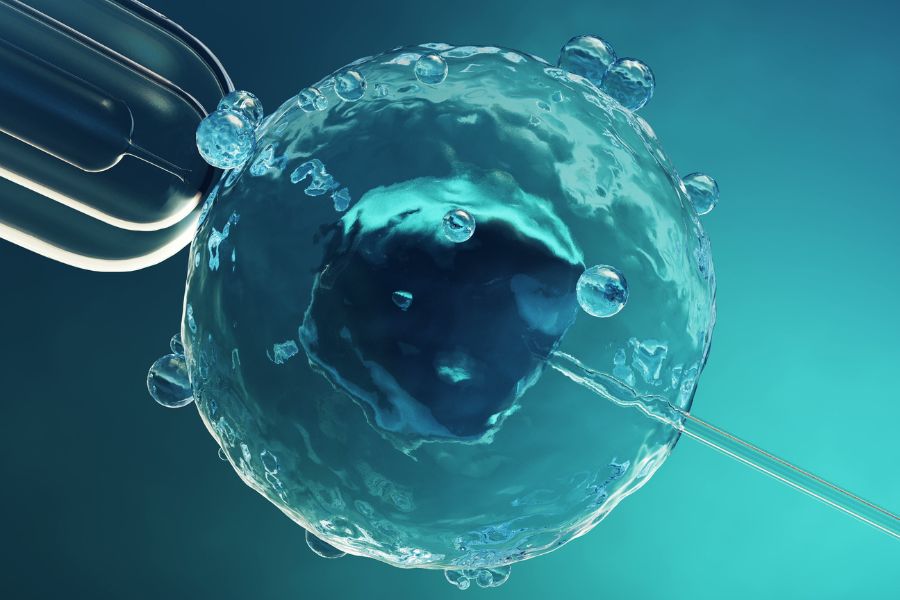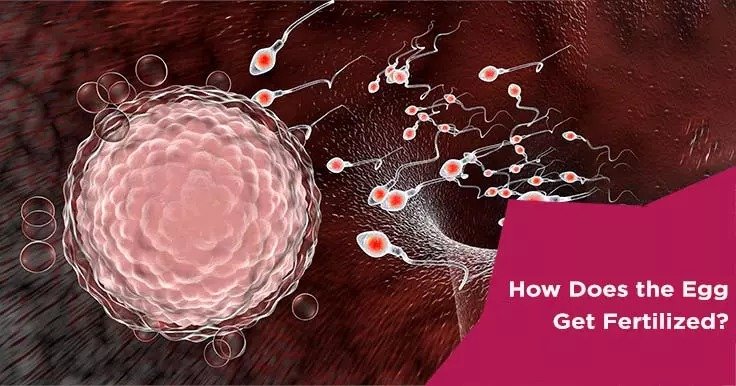In the realm of assisted reproductive technologies, Intrauterine Insemination (IUI) stands as a beacon of hope for couples striving to overcome fertility challenges. This minimally invasive procedure offers a targeted approach to conception, making it a popular choice for those navigating the path to parenthood. In this comprehensive guide, we will delve into the intricacies of IUI, exploring its purpose, the procedure itself, and the factors influencing its success.
Understanding Intrauterine Insemination (IUI)
-
The Basics:
- Intrauterine Insemination, commonly known as IUI, involves placing sperm directly into the uterus to enhance the chances of fertilization. This process aims to bring sperm closer to the egg, bypassing potential obstacles in the reproductive tract and facilitating the natural fertilization process.
-
Who Might Consider IUI?
- IUI is often recommended for various fertility challenges, including:
- Unexplained infertility
- Mild male factor infertility
- Cervical mucus issues
- Erectile dysfunction or other difficulties with intercourse
- Same-sex couples or single individuals using donor sperm
- IUI is often recommended for various fertility challenges, including:
The IUI Procedure
- Ovulation Monitoring
- Semen Sample Preparation
- Catheter Placement
- Post-Insemination Monitoring
The process of IUI often instills a sense of hope and anticipation, especially for couples who have faced challenges in conceiving naturally. The prospect of a less invasive procedure offers renewed optimism. While IUI provides a hopeful avenue for conception, it’s essential to manage expectations. Success may require multiple cycles, and individuals or couples may experience a range of emotions throughout the process.

Odigyn Fertility Care pioneers excellence in fertility solutions, offering state-of-the-art facilities, expert medical guidance, and unmatched support in your journey to parenthood!
Factors Influencing IUI Success:
-
Ovulatory Function:
- IUI is most effective when performed during a natural or stimulated ovulatory cycle. Monitoring and ensuring proper ovulation significantly contribute to success.
-
Semen Quality:
- The quality of the semen sample plays a vital role. Concentrated, healthy sperm with good motility enhances the likelihood of successful fertilization.
-
Uterine Conditions:
- A healthy uterine environment is crucial for implantation. Factors such as uterine abnormalities or the presence of fibroids may impact the success of IUI.
-
Cervical Mucus Quality:
- IUI can overcome challenges related to cervical mucus, a factor that may impede natural sperm transport. The procedure places sperm directly into the uterus, circumventing potential barriers.
-
Female Age:
- Age remains a significant factor in fertility, and the success of IUI is influenced by the woman’s age. Younger women generally have higher success rates.
-
Underlying Causes of Infertility:
- Identifying and addressing specific causes of infertility, if known, contributes to the overall success of IUI.
Intrauterine Insemination (IUI) has emerged as a widely utilized and effective assisted reproductive technology, providing a targeted approach to conception for individuals and couples facing various fertility challenges. The procedure’s relative simplicity, combined with its potential for success, positions IUI as a transformative option on the journey to parenthood. As medical science advances, IUI continues to offer hope and optimism, exemplifying the intersection of science, compassion, and the human desire to create and nurture life.



